I like StyleCop's static code analysis and rules enforcement. However, it is severely lacking in several key departments.
- Adding new rules isn't officially supported and from what I hear pretty difficult.
- Automatic "fixing" of trivial rules violations would be nice! Perhaps not with variable naming but with method ordering (static, etc) this would be a huge time saver.
- Microsofts "one-size-fits-all" approach to StyleCop is kind of restrictive. I would like to have a custom set of rules for our in-house standards.
Is there such a commercial product out there?
